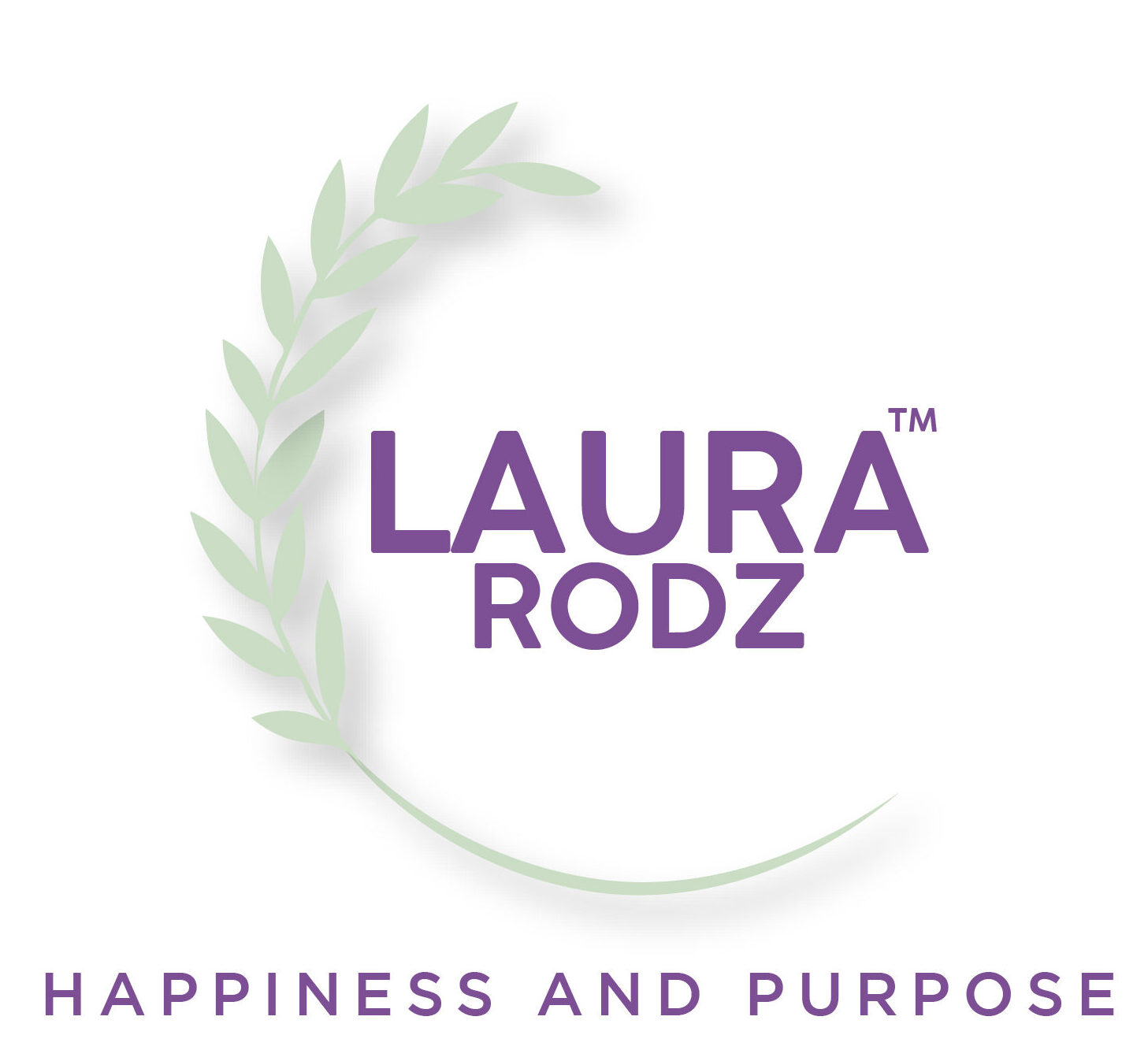Meta Description: Consciousness is a huge part of your life, but do you actually know what it is? Read this article to explore more about the mystery behind consciousness!
Are you ever just sitting there, minding your own business, when suddenly, the great mystery of consciousness arises out of nowhere and knocks on your door?
It’s an alien concept we can all relate to, but we need help understanding.
And yet here we are, dealing with it as if it is some normal event or an everyday occurrence.
What a strange thing: this mysterious phenomenon known as ‘consciousness’!
Psychologists have speculated for centuries about what this elusive state of awareness entails: is it visions, thoughts, and sensations?
Are you ready? Let’s look for some answers!
What Is Consciousness
Let’s begin by explaining the concept behind consciousness.
It is a term used to describe a state of being that engages all the senses, enabling us to be aware of our environment and make decisions about it.
It has been suggested that consciousness is related to perception, emotion, and self-reflection.
However, the exact processes remain largely unknown as how these elements combine to create our complex experience remains a mystery.
Consciousness’s crucial role in shaping human behavior and influencing our intellectual development has spurred research from philosophers, cognitive scientists, and neurologists to unravel its secrets.
Tracing the connection between awareness, thought, and action may uncover deeper insights into the nature of consciousness itself.
This does not end there – you might be surprised to find out that there are levels to your awareness at any given time.
Moreover, there are more levels of complexity to consider when we introduce the altered states of consciousness.
So, let’s start this journey into the human mind!
Awareness
We can only talk about consciousness by looking at the different degrees of awareness we experience.
Our state of consciousness is directly related to our current level of awareness.
Depending on what we focus on and the circumstances surrounding us, this can fluctuate greatly.
Low levels of awareness result from a state in which we feel drowsy or relaxed, while high levels bring clarity and alertness that can help propel us forward.
So let’s look at both ends of the spectrum.
Low Awareness
You are experiencing low awareness states almost all the time.
This can happen while we are performing monotonous tasks, daydreaming, or even talking with friends in an easy conversation.
In such states of mind, our minds can still function and process external stimuli that enter our senses – like the cat meowing outside, your phone vibrating on the table, or the sound of wind coming through the window.
Although we’re not paying full attention to these things, they are still being taken in by our brains and cognitively processed without ever being noticed by us.
This demonstrates how intricate and sophisticated our brain is and how much more it is capable of than we may think.
High Awareness
Experiencing a high state of awareness and consciousness can benefit anyone who wants to understand themselves better, their environment, and the present moment.
In this state, individuals have more control over their thoughts, allowing them to become more mindful of what they are reflecting upon.
It also makes people more attentive to their surroundings, making them more observant and aware of any changes that might occur.
Mindfulness and meditation are among the techniques used to reach a high awareness level.
Alternative States Of Consciousness
There are many different states of consciousness and awareness, from being calm or sleepy to feeling extremely aware of everything surrounding you.
But another exciting side of the study of consciousness is the more alternative states influenced by some natural and not-so-natural factors.
Sleep
Sleep is a fascinating state of consciousness that differs significantly from our normal awake consciousness.
During sleep, the brain’s activity changes dramatically, and we become oblivious to external sensory stimuli in a way that simply cannot be replicated while awake.
But while we are unaware of anything around us, the brain is still working hard and jumping from one sleep stage to another.
Therefore, while we may take it for granted, sleep is truly a unique experience we should appreciate and prioritize accordingly.
Hypnosis
Hypnosis is a phenomenon that has been extensively studied for generations, and we are beginning to understand the deep complexity of its effects.
In its simplest form, hypnosis involves hyper-awareness, both physical and mental.
This heightened sense of awareness puts an individual into a trance-like state, allowing them to focus on suggestions from the hypnotist.
With continued research into the power of hypnosis, science is slowly unlocking its potential for a variety of applications in both medical and psychological settings.
Drugs
Drugs are often used to alter a person’s consciousness and mental state, providing a range of physiological, psychological, social, and spiritual effects.
Different drugs can have different levels of consciousness-altering effects, depending on their active ingredient or chemical.
Some drugs, such as alcohol and cannabis, can lead to increased euphoria, while others, such as opioids, may induce sedation or analgesia (pain relief).
Other drugs can cause hallucinatory visions or illusions and affect emotions and behavior in unpredictable ways.
To Sum Up
So there we have it, a little bit of insight into one of the great mysteries of our time – consciousness.
And yet, we have many theories but few real answers.
For now, all we can do is keep exploring and asking questions.
Who knows what we might discover next?
